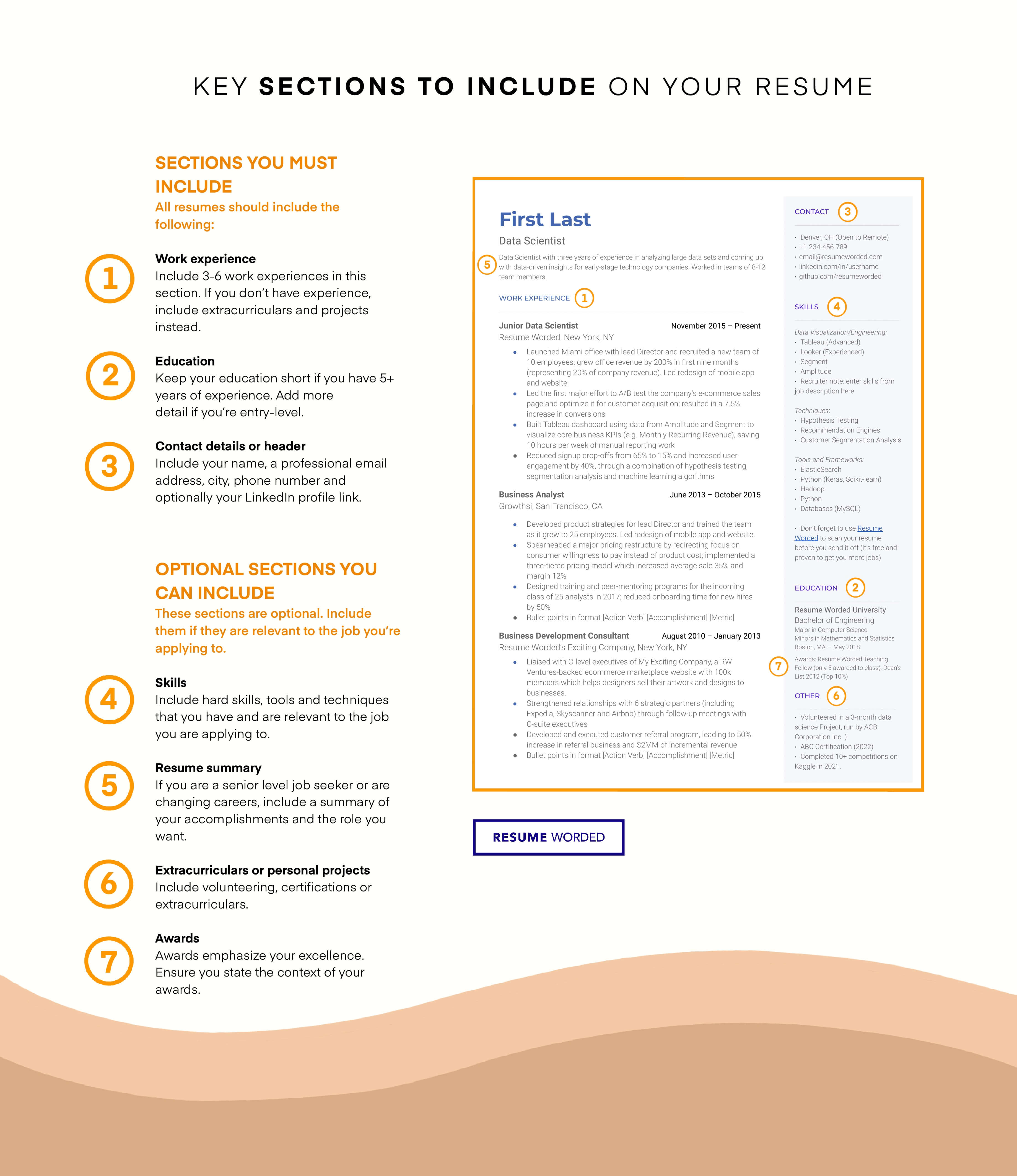
Top Strategies for Legal Secretaries to Stay Organized
Introduction
Being a legal secretary can be demanding, with a multitude of tasks to juggle and deadlines to meet. Staying organized is not just a skill; it’s a necessity. Here, we delve into some top strategies that legal secretaries can employ to maintain order amidst the chaos.
Establish Clear Priorities
The first step in staying organized is to establish clear priorities. Not all tasks are created equal, and it’s essential to identify those that are urgent versus those that can wait. By categorizing tasks based on importance and deadlines, legal secretaries can focus their energy on what truly matters.
Utilize Digital Tools
In today’s digital age, there is no shortage of tools available to help with organization. From calendar apps to task management software, legal secretaries can leverage technology to streamline their workflow. These tools not only help in scheduling tasks but also in setting reminders and keeping track of deadlines.
Maintain a Structured Filing System
A well-organized filing system is the backbone of any efficient office. Legal secretaries deal with a vast amount of paperwork, from legal documents to correspondence. By maintaining a structured filing system, whether physical or digital, they can quickly locate the information they need when they need it, saving valuable time and reducing stress.
Practice Time Management
Time management is crucial for legal secretaries, who often find themselves pulled in multiple directions. Setting aside dedicated blocks of time for specific tasks can help them stay focused and productive. Additionally, learning to say no to non-essential tasks and delegating when possible can free up valuable time for more critical responsibilities.
Implement Daily Checklists
Checklists are a simple yet effective tool for staying organized. Legal secretaries can start each day by creating a checklist of tasks to accomplish, prioritizing them based on urgency. As they complete each task, they can check it off the list, providing a sense of accomplishment and helping them stay on track throughout the day.
Streamline Communication
Effective communication is essential in any workplace, but it’s especially crucial for legal secretaries who often act as intermediaries between attorneys, clients, and other staff members. Streamlining communication channels, whether through email, phone, or messaging apps, can help prevent miscommunication and ensure that everyone is on the same page.
Delegate Tasks When Necessary
Legal secretaries are often expected to wear many hats, but that doesn’t mean they have to do everything themselves. Delegating tasks to other team members, interns, or support staff can help lighten the workload and ensure that everything gets done efficiently. It’s important to recognize when delegation is appropriate and to communicate expectations clearly.
Maintain a Clean and Organized Workspace
A cluttered workspace can lead to a cluttered mind. Legal secretaries should make it a priority to keep their workspace clean and organized, both physically and digitally. This not only improves productivity but also creates a more professional environment for themselves and their colleagues.
Take Regular Breaks
In the fast-paced world of law, it can be easy to neglect self-care in favor of meeting deadlines and client demands. However, taking regular breaks is essential for maintaining focus and preventing burnout. Whether it’s a short walk outside, a quick meditation session, or simply stepping away from the desk for a few minutes, legal secretaries should make time for self-care throughout the day.
Conclusion
Staying organized as a legal secretary is no easy feat, but with the right strategies and mindset, it’s entirely achievable. By establishing clear priorities, utilizing digital tools, maintaining a structured filing system, practicing time management, implementing daily checklists, streamlining communication, delegating tasks when necessary, maintaining a clean workspace, and taking regular breaks, legal secretaries can stay on top of their workload and excel in their role. Read more about legal secretary organization tips













